As part of its mission to further socially conscious emerging technologies, Connected Minds: Neural and Machine Systems for a Healthy, Just Society has issued its inaugural round of seed grants to projects overseen by professors at York University and partner Queen’s University.
In an era where artificial intelligence (AI) and technology profoundly shape society, guiding these advancements towards a healthier, more equitable future is crucial.
In that spirit, Connected Minds has now funded six projects spanning diverse research areas, goals and themes, to foster innovative research for societal good.
The seed funding is part of the $105.7 million York University, in partnership with Queen’s University, received from the Canada First Research Excellence Fund, and it looks to further collaborative, transdisciplinary and exploratory research.
Connected Minds is especially committed to inclusivity, equity and community-centred research, reserving at least 20 per cent of its funding awards for Indigenous-led or community-guided projects – something that is reflected in its inaugural round of seed funding.
The York University recipients, and their projects, are:
Rebecca Caines, professor, School of the Arts, Media, Performance & Design
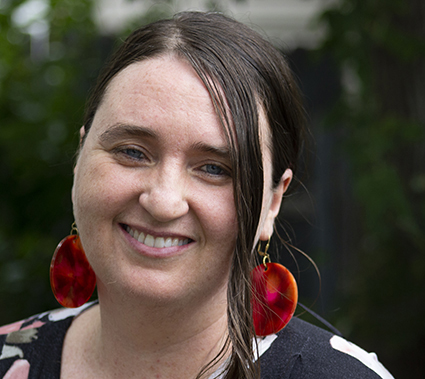
Caines’ project – titled “Towards Socially-Responsible ‘Transfer Learning’: Connecting Artists, Engineers, Neuroscientists and their Partners through Interdisciplinary Knowledge Mobilization” – will look at interdisciplinary collaboration. The project will build on Caines’ existing work, which often investigates the role of art and technology in social justice. It will consider how diverse knowledge bases – across disciplines – can help address societal changes through an emphasis on co-creation, ethical learning transfer and global collaboration. The research aims especially to foster inclusivity and collaboration with equity-deserving groups, particularly Indigenous communities.
Joseph DeSouza, professor, Faculty of Health
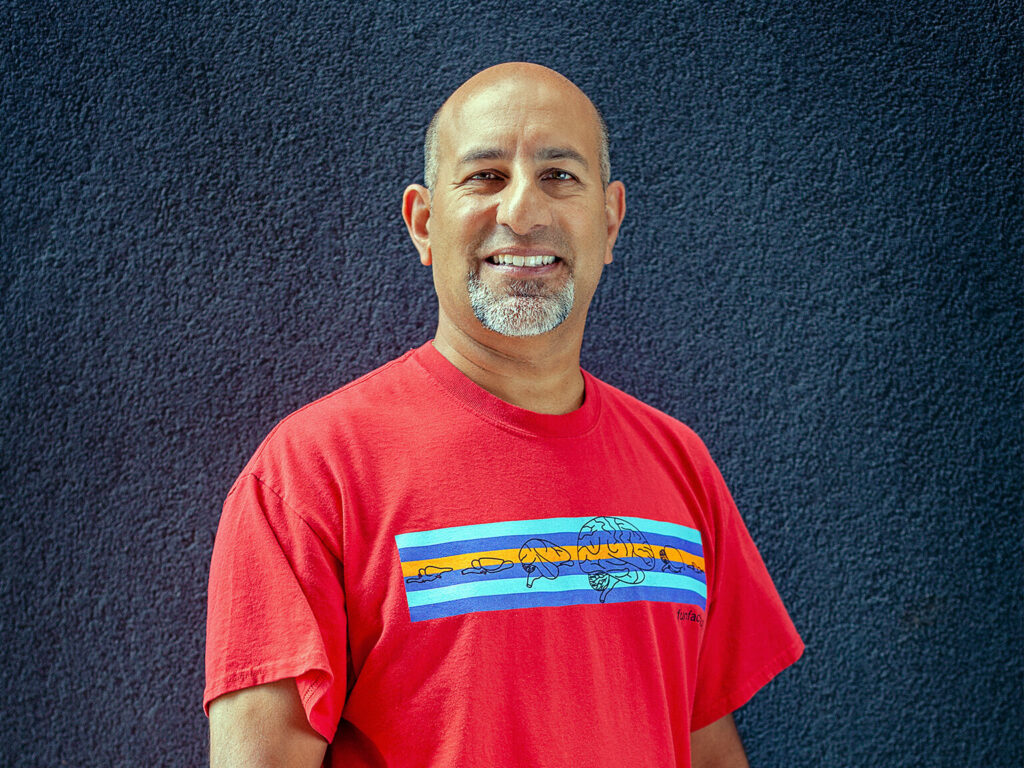
DeSouza’s funded project, “The Intergenerational Healing Power of nêhiyawêwin (the Cree language),” will integrate Indigenous knowledge with neuroscience. Partnering with the organization the nêhiyawak language experience, it will explore what positive impact on holistic health can be observed in individuals who re/learn the Cree language on holistic health. In the process, the research aims to revitalize nêhiyawêwin, restore treaty obligations and foster healing within the nêhiyawak nation.
Michael Kalu, professor, Faculty of Health
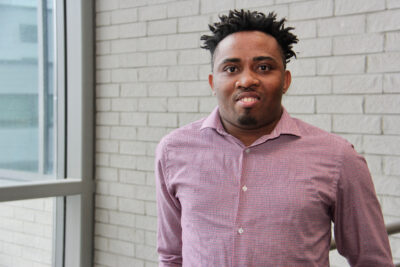
Titled “Bridging Mobility Gaps: Co-designing Culturally Appropriate Mobility AI-Powered Wearable (CAMAiW) Tool for Black, Indigenous, and People of Color (BIPOC) Older Adults,” Kalu’s initiative aims to advance inclusive wearable devices. The project’s goal is to integrate speed, distance, location tracking and other health/social monitoring features within a single tool. With a commitment to inclusivity and socially ethical technologies, the project will iteratively work with BIPOC communities to co-create and test the device.
Terry Sachlos, professor, Lassonde School of Engineering
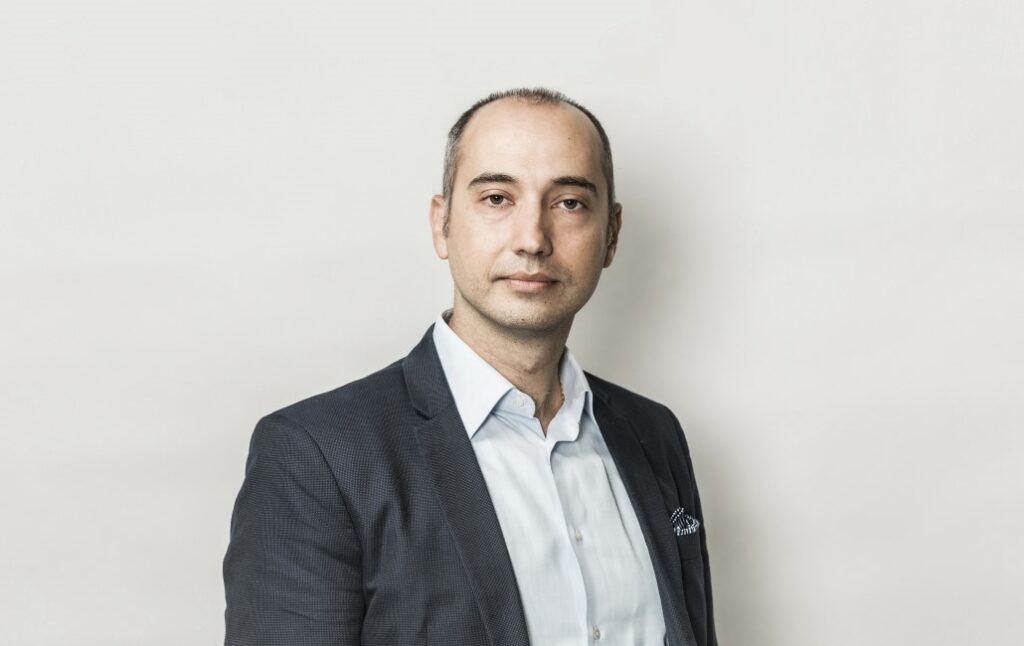
Sachlos’s inclusive initiative is titled “Increasing African, Caribbean, and Black Donor Representation in the Canadian Bone Marrow Stem Cell Registry through Community Engagement and Co-creation of Tissue Engineered Bone Marrow to Mitigate Critical Stem Cell Transplant Shortages.” It aims to engage with relevant community organizations and implement innovative biotechnology strategies to help dismantle barriers to health-care access and foster inclusivity towards a more equitable health-care system with a more representative bone marrow stem cell registry.
The Queen’s University recipients, and their projects, are:
Matthew Pan, professor, Faculty of Engineering & Applied Science at Queen’s University
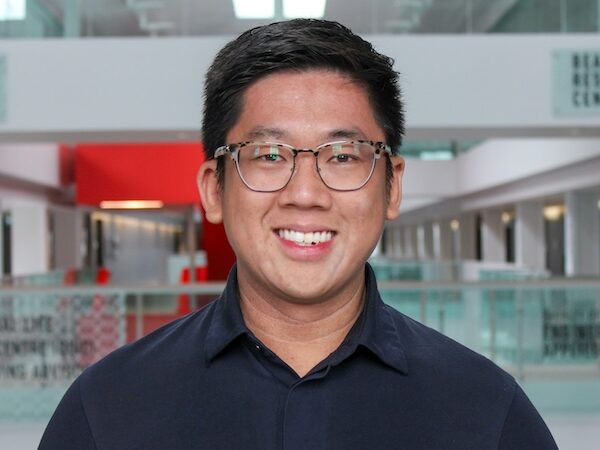
Pan’s project, “Meta-Physical Theatre: Designing ‘Physical’ Interactions in ‘Virtual’ Reality Live Performances,” looks to enhance virtual reality experiences by integrating physical touch interactions through robotics and smart textiles, aiming to amplify immersivity.
Committed to equity and diversity, the team collaborates with arts organizations focused on racialization to foster inclusivity and develop best practices for cross-cultural sensitivity in virtual interactions.
Qingguo Li, professor, Faculty of Engineering & Applied Science at Queen’s University
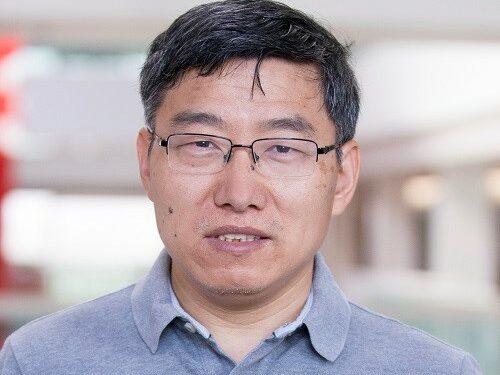
Targeting health-care staff, Li’s project – “Exo-Sensory Augmentation to Reduce Musculoskeletal Injury Risk in Clinical Settings” – aims to mitigate injury risks, enhancing sensory awareness to improve task performance and prevent injuries. With inclusivity as a priority, the project endeavours to develop accessible wearable technology for clinicians of all backgrounds.
The announcement of Connected Minds’ inaugural seed funding marks the latest instance of the project’s ongoing progress throughout its first year – and beyond – which has included onboarding 14 research-enhanced hires, conferences and events, and new leadership with Pina D’Agostino.


